Home>diy>Home Improvement>How Much Does A Kitchen Renovation Cost
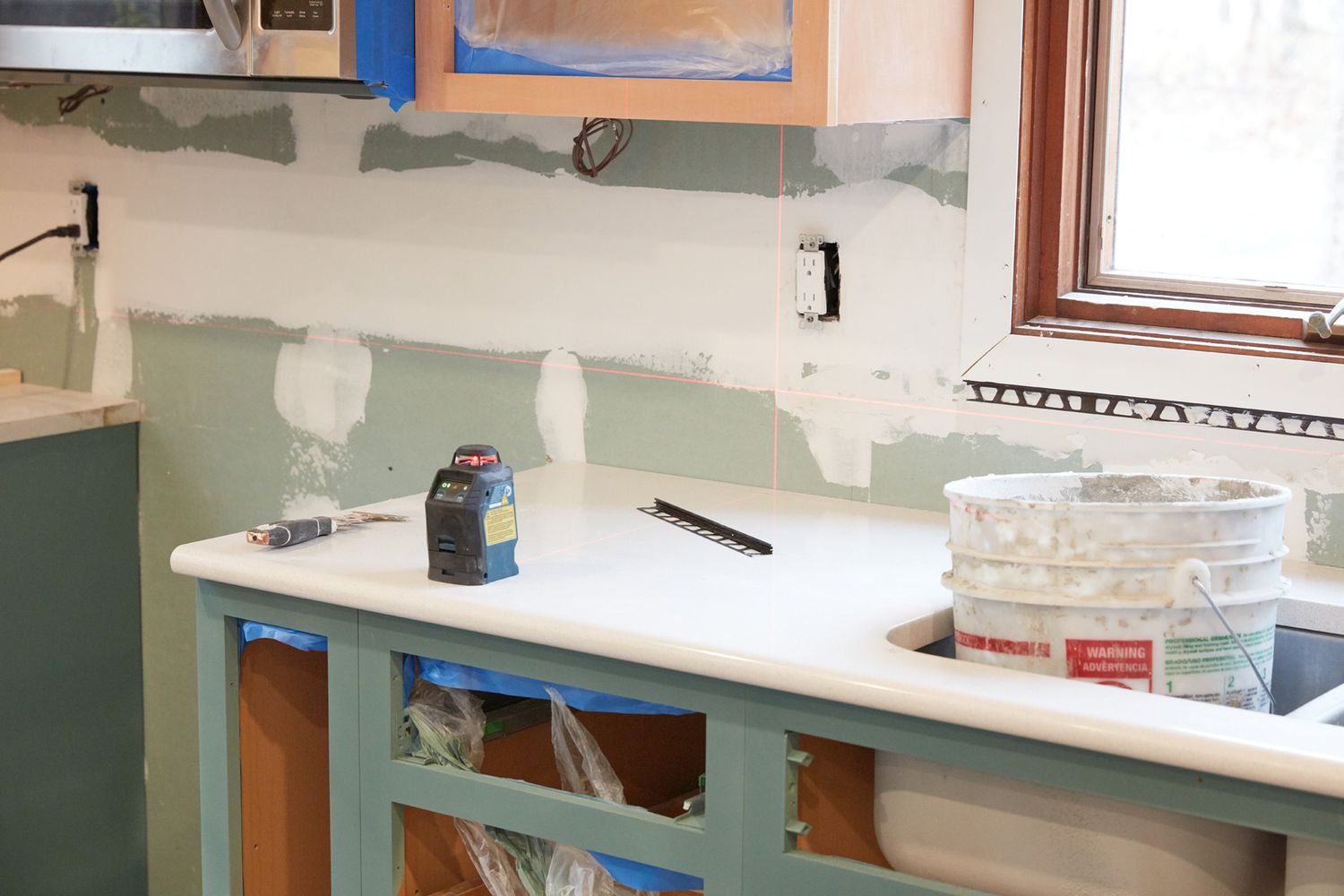

Home Improvement
How Much Does A Kitchen Renovation Cost
Modified: January 19, 2024
Find out the average cost of a kitchen renovation project and get expert tips to stay within budget. Upgrade your home with our home improvement guide.
(Many of the links in this article redirect to a specific reviewed product. Your purchase of these products through affiliate links helps to generate commission for Storables.com, at no extra cost. Learn more)
Introduction
A kitchen renovation is an exciting project that can transform the heart of your home. Whether you are looking to update outdated features, increase functionality, or create a more modern and aesthetically pleasing space, a kitchen renovation can breathe new life into your home. However, before diving into the renovation process, it is essential to understand the factors that can affect the overall cost.
There are several factors to consider when estimating the cost of a kitchen renovation. From the size of the space and the scope of the project to materials and labor, each element plays a significant role in determining the final price. By understanding these factors and exploring different options, you can make informed decisions that align with your budget and desired outcome.
In this article, we will discuss the various factors that can impact the cost of a kitchen renovation. We will also provide insights into average renovation costs, budget-friendly ideas, high-end options, and the pros and cons of DIY versus professional renovations. Additionally, we will highlight hidden costs that you should consider and provide tips for saving money during the renovation process.
Whether you are planning a small update or a complete overhaul, this article will serve as a comprehensive guide to help you navigate the world of kitchen renovations and make informed decisions about your project.
Key Takeaways:
- Factors such as kitchen size, layout changes, materials, and labor costs significantly impact the overall expense of a renovation. Understanding these factors is crucial for informed decision-making and budget planning.
- Whether opting for budget-friendly updates or high-end luxury, careful consideration of hidden costs, DIY versus professional approaches, and money-saving tips can ensure a successful and satisfying kitchen renovation within budget constraints.
Read more: How Much Does Skylight Cost
Factors Affecting Kitchen Renovation Costs
When it comes to kitchen renovations, several factors can influence the overall cost of the project. Understanding these factors will help you plan your budget and make decisions that align with your financial goals. Let’s take a closer look at the key factors that can affect the cost of a kitchen renovation:
- Size of the Kitchen: The size of your kitchen will have a significant impact on the renovation cost. Generally, larger kitchens require more materials and labor, which can drive up the expenses. Additionally, if you plan to expand the size of your kitchen during the renovation, you can expect to incur additional costs for construction and permits.
- Layout Changes: If you intend to make significant changes to the layout of your kitchen, such as moving appliances or knocking down walls, the cost of your renovation will likely increase. These types of modifications may require professional assistance and structural adjustments, which can add to the overall expenses.
- Materials and Finishes: The choice of materials and finishes for your kitchen can greatly impact the cost. High-end materials, such as custom cabinetry, granite or quartz countertops, and premium appliances, will inevitably raise the price. On the other hand, opting for more affordable alternatives like laminate countertops and stock cabinets can help keep costs down without compromising on style.
- Appliances and Fixtures: Upgrading or adding new appliances and fixtures can significantly impact your renovation budget. High-quality appliances, such as stainless steel refrigerators or professional-grade stovetops, can be expensive. Additionally, the cost of plumbing fixtures, lighting fixtures, and other kitchen accessories can add up quickly, so it’s essential to consider these expenses when planning your renovation.
- Labor Costs: The cost of labor will depend on various factors, such as the complexity of the project, the skill level of the contractors, and the location. Hiring experienced professionals will typically come at a higher cost, but it can ensure quality workmanship and a smoother renovation process. It’s advisable to obtain multiple quotes from different contractors and compare their prices and services before making a decision.
- Permits and Regulations: Depending on your location and the extent of your renovation, you may need to obtain permits and adhere to specific building codes. These requirements can incur additional costs, as you may need to hire professionals to complete the necessary paperwork and inspections. It’s crucial to research local regulations and factor in permit fees when budgeting for your kitchen renovation.
By considering these factors and carefully planning your renovation, you can estimate the costs involved and make informed decisions that align with your budget and vision for your dream kitchen.
Average Cost of Kitchen Renovation
The cost of a kitchen renovation can vary widely depending on the scope of the project, the materials used, and the location. On average, homeowners can expect to spend between $15,000 and $50,000 for a kitchen renovation. However, it’s important to note that this is just a general estimate, and the actual cost can be higher or lower depending on individual circumstances.
Here is a breakdown of the average costs for different components of a kitchen renovation:
- Cabinetry: Cabinets typically account for a significant portion of the renovation cost, ranging from 30% to 50% of the total budget. Custom cabinets can be more expensive than stock or semi-custom options, with prices varying based on the materials used, finishes, and design complexity.
- Countertops: The cost of countertops can vary widely depending on the material chosen. Laminate countertops are the most affordable option, while natural stone like granite or quartz can be more expensive. On average, homeowners can expect to spend around $2,000 to $5,000 on countertops.
- Appliances: Upgrading or replacing appliances can significantly impact the renovation budget. High-end, professional-grade appliances can cost several thousand dollars each, whereas more budget-friendly options are available for under $1,000. On average, homeowners can expect to spend around $5,000 to $10,000 on appliances.
- Flooring: The cost of flooring varies depending on the material chosen. Vinyl or laminate flooring is typically more affordable, while hardwood or tile can be more expensive. On average, homeowners can expect to spend around $2,000 to $5,000 on flooring.
- Lighting and Fixtures: The cost of lighting fixtures and other kitchen accessories will depend on the style and quality chosen. Homeowners can expect to spend around $1,000 to $3,000 on lighting and fixtures.
- Labor Costs: Labor costs vary depending on the complexity of the project, the location, and the contractors hired. On average, homeowners can expect to spend around 20% to 35% of their budget on labor costs.
Keep in mind that these figures are averages, and prices can fluctuate significantly depending on the specific choices you make for your kitchen renovation. It’s always a good idea to obtain multiple quotes from different contractors and suppliers to ensure you are getting the best prices for the materials and services you need.
Additionally, it’s essential to have a contingency budget of at least 10% of the total renovation cost to account for any unexpected expenses or changes that may arise during the renovation process.
By having a clear understanding of the average costs associated with a kitchen renovation, you can better plan your budget and make informed decisions about the materials and components you choose for your dream kitchen.
Budget-Friendly Kitchen Renovation Ideas
Renovating your kitchen doesn’t have to break the bank. With some careful planning and smart choices, you can achieve a beautiful and functional kitchen while staying within your budget. Here are some budget-friendly kitchen renovation ideas to consider:
- Paint Cabinets: Instead of replacing your cabinets, consider giving them a fresh coat of paint. This can instantly transform the look of your kitchen at a fraction of the cost of new cabinets. Choose a modern, neutral color for a sleek and updated appearance.
- Update Hardware: Swapping out the hardware on your cabinets, such as knobs and pulls, can make a significant impact on the overall look of your kitchen. Opt for stylish and budget-friendly options to give your cabinets a refreshed and modern look.
- Replace Backsplash: Changing your kitchen backsplash can breathe new life into the space. Consider using affordable materials such as subway tiles, peel-and-stick backsplash, or even painting the existing backsplash to create a fresh and stylish focal point.
- Refinish Countertops: If replacing your countertops is out of budget, consider refinishing them instead. There are DIY kits available that allow you to paint or resurface laminate countertops, giving them a new and updated look without the hefty price tag.
- Upgrade Lighting: Replace outdated light fixtures with more modern options to instantly brighten up your kitchen. Look for affordable yet stylish lighting fixtures that match your desired aesthetic.
- DIY Painting: Repaint the walls in your kitchen to freshen up the space. Choosing a light and neutral color can help create a bright and inviting atmosphere. Painting is a relatively low-cost project that can have a significant impact on the overall look of your kitchen.
- Reuse and Repurpose: Instead of buying all new kitchen accessories, consider repurposing items you already have or shopping for second-hand pieces. Look for gently used appliances, utensils, or décor at thrift stores or online platforms to save money while still achieving a stylish and functional kitchen.
- Focus on Small Changes: Sometimes, small changes can make a big difference. Consider updating minor elements in your kitchen, such as faucets, knobs, or window treatments, to give your kitchen a fresh and updated look without spending a fortune.
Remember, a budget-friendly kitchen renovation is all about making smart choices and focusing on areas that can achieve maximum impact without breaking the bank. By taking a creative approach and incorporating these ideas into your renovation plan, you can create a beautiful and updated kitchen within your budget constraints.
High-End Kitchen Renovation Options
If you have the budget for a high-end kitchen renovation, there are several options available to create a luxurious and sophisticated space. Here are some high-end kitchen renovation ideas to consider:
- Custom Cabinetry: Invest in custom-made cabinets that are tailored to your specific needs and preferences. Handcrafted with premium materials, custom cabinets offer superior quality and unparalleled craftsmanship.
- High-End Appliances: Upgrade your kitchen appliances to top-of-the-line models. Consider professional-grade appliances that offer advanced features, durability, and a sleek design. Stainless steel or customized panel-ready appliances can elevate the overall aesthetic of your kitchen.
- Exquisite Countertops: Opt for luxurious countertop materials like marble, quartzite, or granite. These natural stones not only offer beauty but are also durable and long-lasting. Intricate patterns and unique veining can add a touch of elegance to your kitchen.
- Designer Lighting: Invest in designer lighting fixtures to create a captivating ambiance. Chandeliers, pendant lights, and sconces made with high-quality materials and exquisite designs can become focal points in your kitchen.
- Statement Backsplash: Install a high-end backsplash made with premium materials like glass mosaic, hand-painted tiles, or intricate patterns. A striking backsplash can add personality and visual interest to your kitchen.
- Luxurious Flooring: Choose premium flooring options like hardwood, natural stone, or porcelain tile. These flooring materials not only exude opulence but are also durable and easy to maintain.
- Smart Features: Incorporate smart technologies into your kitchen to enhance convenience and efficiency. Consider features like touchless faucets, smart appliances, automated lighting, and voice-controlled systems.
- Gourmet Kitchen Accessories: Invest in high-quality kitchen accessories and gadgets that add both functionality and aesthetics. From state-of-the-art coffee machines to wine refrigerators and custom spice racks, these accessories can elevate your kitchen experience.
- Professional-Grade Range: Install a professional-grade range with multiple burners, griddles, and ovens. This centerpiece appliance will not only enhance your cooking capabilities but also make a bold statement in your kitchen.
- Customized Storage Solutions: Maximize storage efficiency by incorporating custom storage solutions, such as pull-out pantry shelves, drawer organizers, and specialized compartments for specific kitchen items. These tailored storage options will optimize functionality while maintaining a sleek and organized look.
High-end kitchen renovations allow you to create a lavish and personalized space that reflects your style and preferences. Keep in mind that investing in premium materials and high-quality craftsmanship will ensure durability and long-term satisfaction. By working with experienced designers and contractors, you can transform your kitchen into a luxurious haven where cooking and entertaining become truly enjoyable experiences.
Get multiple quotes from different contractors to compare prices and services. Consider the quality of materials and labor costs to ensure a realistic budget for your kitchen renovation.
Read more: How Much Does A Cabinet Cost
DIY vs. Professional Kitchen Renovation
When it comes to kitchen renovations, one of the key decisions you’ll need to make is whether to undertake the project yourself or hire professionals. Both options have their pros and cons, so it’s important to consider your skills, available time, and budget before making a decision. Let’s weigh the advantages and disadvantages of DIY and professional kitchen renovations:
DIY Kitchen Renovation:
- Cost Savings: One of the main reasons homeowners opt for a DIY renovation is to save money. By taking on the project yourself, you can avoid labor costs and potentially find affordable materials and fixtures.
- Full Control: DIY renovations allow you to have full control over the design and execution of your kitchen. You can personally choose every element and make adjustments as you go, ensuring your vision is fully realized.
- Learning Experience: Taking on a DIY renovation can be a valuable learning experience. You’ll gain new skills and knowledge about construction, design, and project management, which can be useful in future home improvement endeavors.
- Schedule Flexibility: With a DIY renovation, you have the flexibility to work on your kitchen at your own pace and on your own schedule. This can be advantageous if you have a busy lifestyle or prefer to take your time with the project.
However, it’s important to consider the potential downsides of a DIY renovation:
- Time and Effort: DIY renovations require a significant investment of time, effort, and energy. From planning and shopping for materials to the physical labor of construction, you’ll need to be prepared for the workload and potential setbacks.
- Limited Expertise: Unless you have previous experience in construction or renovation work, you may lack the skills and knowledge needed to tackle certain aspects of the project. This could result in mistakes or subpar workmanship.
- Risk of Cost Overruns: Without professional guidance, you may underestimate the costs involved or encounter unexpected expenses along the way. This can lead to budget overruns and potentially compromise the completion of your project.
Professional Kitchen Renovation:
- Expertise and Experience: Hiring professionals ensures that your kitchen renovation is carried out by experienced individuals with specialized knowledge. They are equipped to handle challenges, ensure proper project management, and deliver high-quality results.
- Saves Time and Effort: With professionals handling the renovation, you can save valuable time and effort. They have the skills, tools, and resources to complete the project efficiently, allowing you to enjoy your new kitchen sooner.
- Access to Networks: Professionals often have established relationships with suppliers, tradespeople, and subcontractors. This network can help you secure the best prices on materials and ensure that the necessary permits and inspections are taken care of.
- Guarantees and Insurance: Working with professionals usually comes with warranties or guarantees on their workmanship, as well as insurance coverage. This provides peace of mind and protection in case any issues arise during or after the renovation.
However, there are a few considerations when choosing professional renovation:
- Higher Cost: Hiring professionals will undoubtedly increase the cost of your renovation project. You’ll need to allocate a budget for labor, design fees, and potential markup on materials and supplies.
- Less Control: While professionals strive to incorporate your preferences, you may have less control over the design and decision-making process compared to a DIY renovation.
- Scheduling and Availability: Depending on the availability of contractors and the demand for their services, you may need to wait for a specific time slot or adjust your renovation timeline to align with their schedule.
Ultimately, the decision between a DIY or professional kitchen renovation depends on your individual circumstances, skills, and budget. Consider the complexity of the project, your comfort level with DIY work, and the desired level of expertise and quality you want in your kitchen renovation. Regardless of the choice you make, thorough planning and research are vital to ensure the success of your project.
Hidden Costs to Consider in a Kitchen Renovation
When planning a kitchen renovation, it’s crucial to take into account not only the obvious expenses but also the hidden costs that may arise throughout the project. These hidden costs can catch homeowners by surprise and potentially lead to budget overruns. Here are some hidden costs to consider when budgeting for your kitchen renovation:
- Structural Changes: If your renovation involves making structural changes to your kitchen, such as removing walls or relocating plumbing and electrical systems, you may need to hire an architect or engineer. Their expertise and the necessary permits can add to the overall cost of the project.
- Permits and Inspections: Depending on the scope of your renovation, you may need to obtain permits from your local municipality. Permit fees can vary, and the process may require additional inspections, all of which can incur extra costs.
- Unforeseen Issues: As with any renovation project, there is always the potential for unexpected issues to arise. These can include hidden water damage, electrical problems, or structural deficiencies that must be addressed before continuing with the renovation. Be prepared to allocate a portion of your budget for unforeseen expenses.
- Upgrades and Change Orders: As you progress with your kitchen renovation, you may decide to make changes or upgrades to the original plan. Whether it’s upgrading to higher-end finishes or adding additional features, these change orders can increase the overall cost of the project.
- Delivery and Installation Fees: When purchasing materials, appliances, and fixtures for your new kitchen, be sure to factor in delivery and installation fees. Some suppliers may charge additional fees for delivering heavy items or installing appliances, which can impact your budget.
- Temporary Kitchen Setup: During the renovation process, you may need to set up a temporary kitchen in another part of your home. This can involve purchasing portable appliances, utensils, and storage solutions to ensure that you can still prepare meals. The cost of creating a temporary kitchen should be considered when planning your budget.
- Utility Disruptions: Depending on the extent of your renovation, you may experience temporary disruptions to utilities such as water or electricity. This may require alternative arrangements, such as staying in temporary accommodations or eating out more frequently, which can add additional costs.
- Finishing Touches: After the major renovation work is complete, there are often finishing touches that need to be addressed. This can include painting, installing trim and molding, or adding decorative elements. These details may seem minor, but their costs can accumulate, so it’s important to account for them in your overall budget.
By considering and budgeting for these hidden costs, you can avoid unexpected financial surprises and ensure that you have enough funds to complete your kitchen renovation project without compromising on quality or your desired outcome. It’s always a good idea to set aside a contingency budget of around 10-20% of the total project cost to account for any unforeseen expenses that may arise during the renovation process.
Tips for Saving Money on a Kitchen Renovation
A kitchen renovation can be a significant investment, but there are several strategies you can employ to help save money without compromising the quality and outcome of your project. Here are some tips for saving money on your kitchen renovation:
- Create a Realistic Budget: Before starting your renovation, establish a realistic budget and stick to it. Prioritize your needs and allocate funds accordingly, being mindful of not overshooting your budget.
- Do Your Research: Take the time to research and compare prices for materials, appliances, and fixtures. Look for sales, discounts, and special offers. Shopping around can help you find the best deals and save money.
- Consider Refacing or Repainting Cabinets: If the structure of your cabinets is in good condition, consider refacing them instead of replacing them entirely. This involves replacing or refinishing the doors and drawers, which can be a cost-effective way to achieve a fresh and updated look.
- Opt for Cost-Effective Materials: There is a wide range of materials available for your kitchen renovation. Consider more cost-effective options, such as laminate countertops instead of granite or quartz, or vinyl or laminate flooring instead of hardwood or tile, without compromising on style or durability.
- Focus on Key Impact Areas: Instead of renovating the entire kitchen, consider focusing on key impact areas that will make the most significant difference. This may include updating the cabinets, upgrading the countertops, or installing a stylish backsplash. By prioritizing these areas, you can save money by avoiding unnecessary renovations.
- Re-purpose and Upcycle: Get creative and consider re-purposing or upcycling materials or furniture. For example, you can repaint or refinish existing furniture or use salvaged materials for a unique and personalized touch in your kitchen.
- DIY Where Possible: If you have the necessary skills and knowledge, take on certain aspects of the renovation yourself. This can include painting, tile installation, or even simple electrical and plumbing tasks. However, be cautious not to take on projects beyond your expertise, as mistakes can end up being costly.
- Shop Second-Hand and Sales: Consider purchasing pre-owned appliances, cabinets, or fixtures from reputable sources. You can find great deals on gently used items that are in excellent condition. Additionally, keep an eye out for sales at home improvement stores or online retailers.
- Don’t Overlook Energy Efficiency: While it may require an initial investment, opting for energy-efficient appliances and fixtures can save you money in the long run. Energy-efficient options can lower your utility bills and even qualify you for rebates or tax incentives.
- Plan Ahead: Planning ahead can help you avoid rushing decisions and potential cost overruns. Take the time to create a detailed renovation plan, obtain multiple quotes from contractors, and order materials well in advance to take advantage of the best prices and avoid rush shipping fees.
By implementing these tips, you can make strategic choices, find cost-effective solutions, and save money on your kitchen renovation project. Remember to strike a balance between your budget and your desired outcome, ensuring your renovation is both affordable and reflects your personal style and preferences.
Conclusion
A kitchen renovation can transform your home, creating a space that is both functional and aesthetically pleasing. However, it’s important to approach the renovation process with careful planning and consideration of the various factors that can affect the overall cost.
Throughout this article, we have explored the factors that can impact the cost of a kitchen renovation, including the size of the kitchen, layout changes, materials and finishes, appliances and fixtures, labor costs, permits and regulations, and hidden costs. By understanding these factors, you can better estimate and budget for your renovation project.
If you are working within a tight budget, we have provided budget-friendly ideas that can help you achieve a stunning kitchen without breaking the bank. From painting cabinets and upgrading hardware to reusing and repurposing materials, there are numerous ways to save money while still achieving a stylish and functional space.
On the other hand, if you have the financial means for a high-end kitchen renovation, we have suggested various options that can elevate the luxury and sophistication of your kitchen. From custom cabinetry and high-end appliances to exquisite countertops and designer lighting, there are endless possibilities for creating a dream kitchen.
When deciding whether to undertake a DIY renovation or hire professionals, we have examined the pros and cons of each approach. DIY renovations can save money but require time, effort, and expertise, while professional renovations offer experience, efficiency, and guaranteed results at a higher cost.
Lastly, we have discussed hidden costs that can arise during a kitchen renovation and provided tips for saving money throughout the process. By considering these hidden costs, planning ahead, doing thorough research, and making smart choices, you can stay within budget and achieve a successful kitchen renovation project.
In conclusion, a kitchen renovation is an investment that can enhance the value and enjoyment of your home. By understanding the factors affecting costs, exploring budget-friendly ideas, considering high-end options, weighing DIY versus professional approaches, accounting for hidden costs, and implementing money-saving tips, you can embark on a kitchen renovation journey that meets your needs, preferences, and budget. With careful planning and creativity, you can create a kitchen that not only looks beautiful but also serves as the heart of your home for years to come.
Frequently Asked Questions about How Much Does A Kitchen Renovation Cost
Was this page helpful?
At Storables.com, we guarantee accurate and reliable information. Our content, validated by Expert Board Contributors, is crafted following stringent Editorial Policies. We're committed to providing you with well-researched, expert-backed insights for all your informational needs.
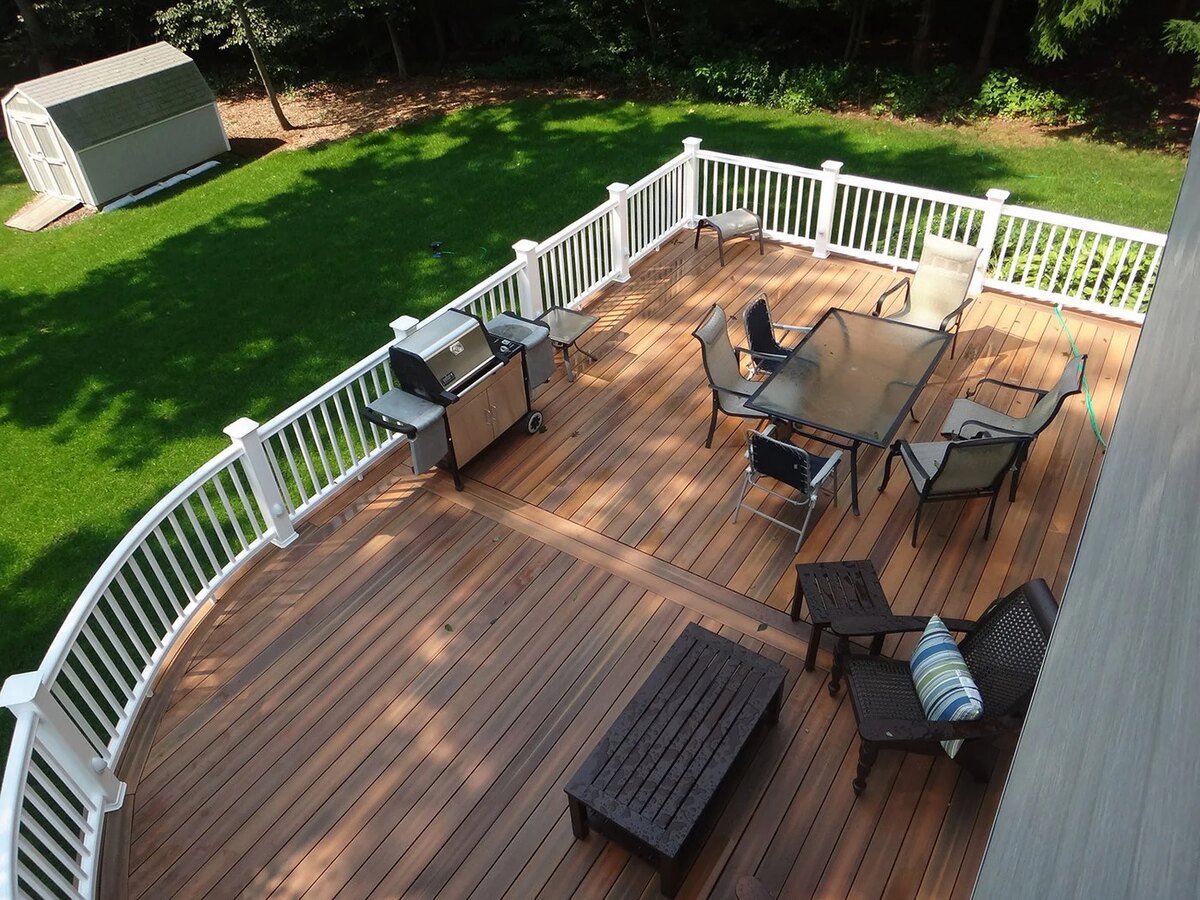

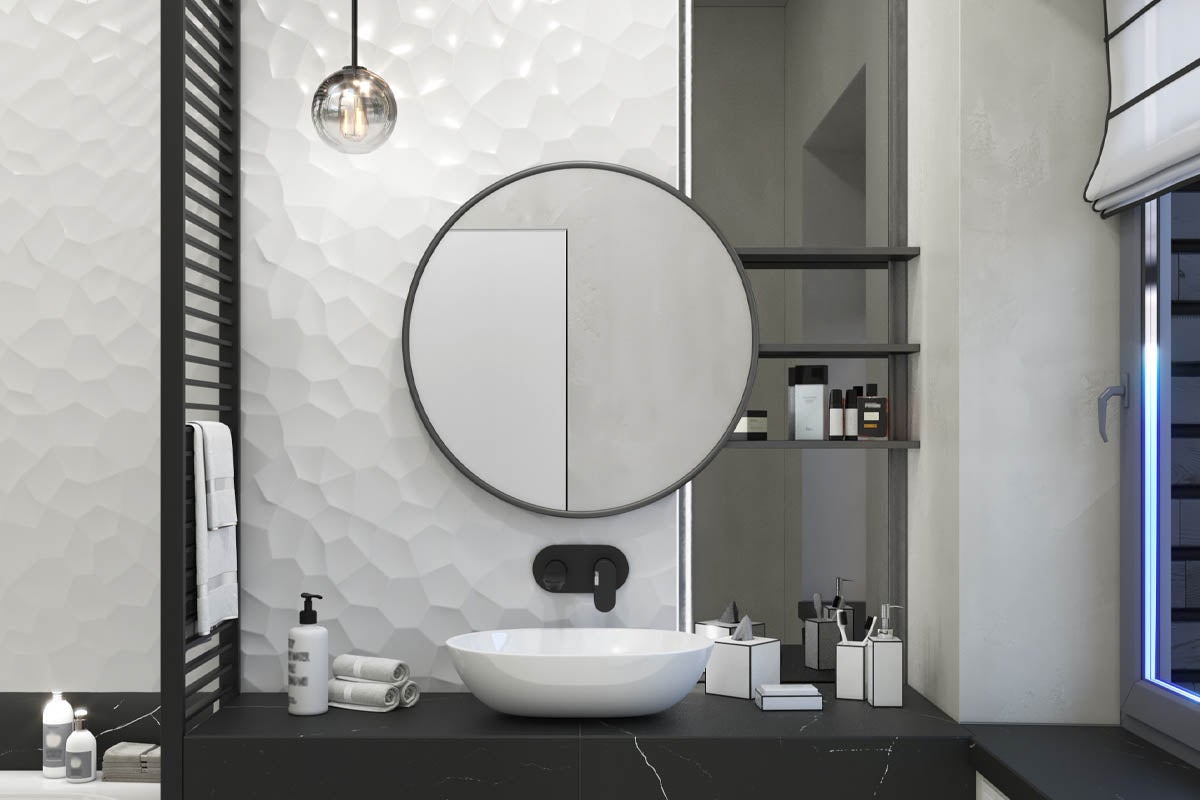

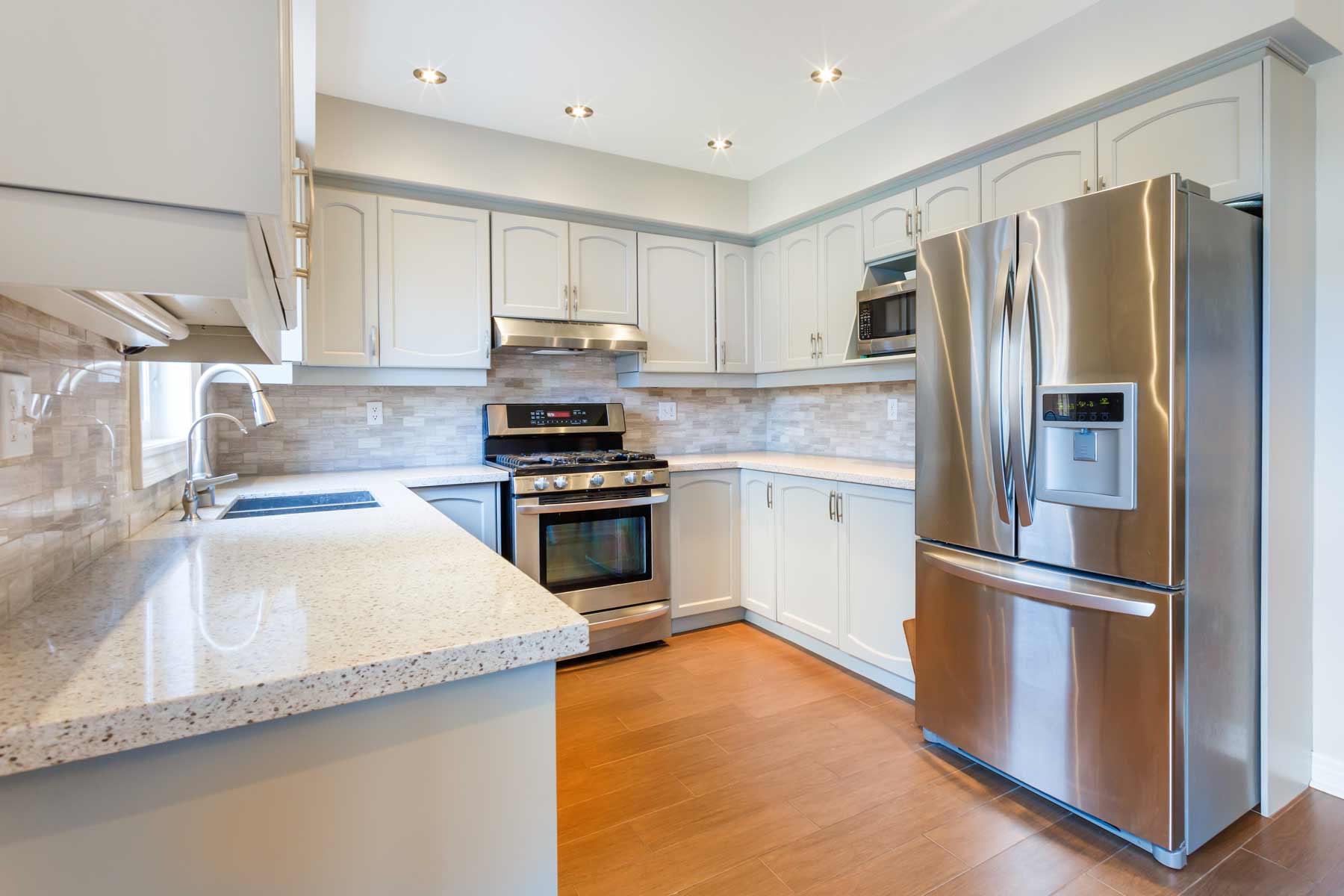
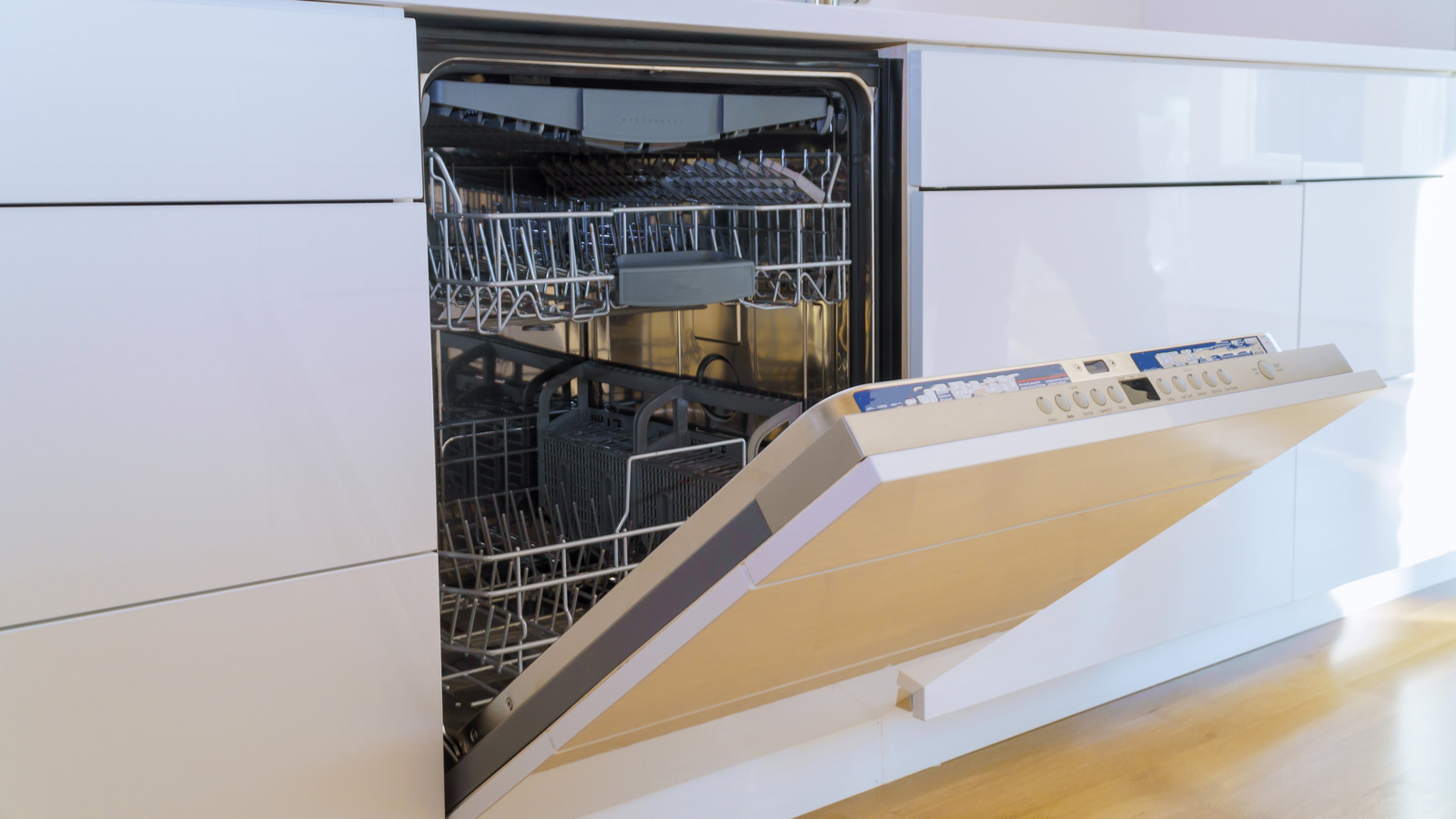
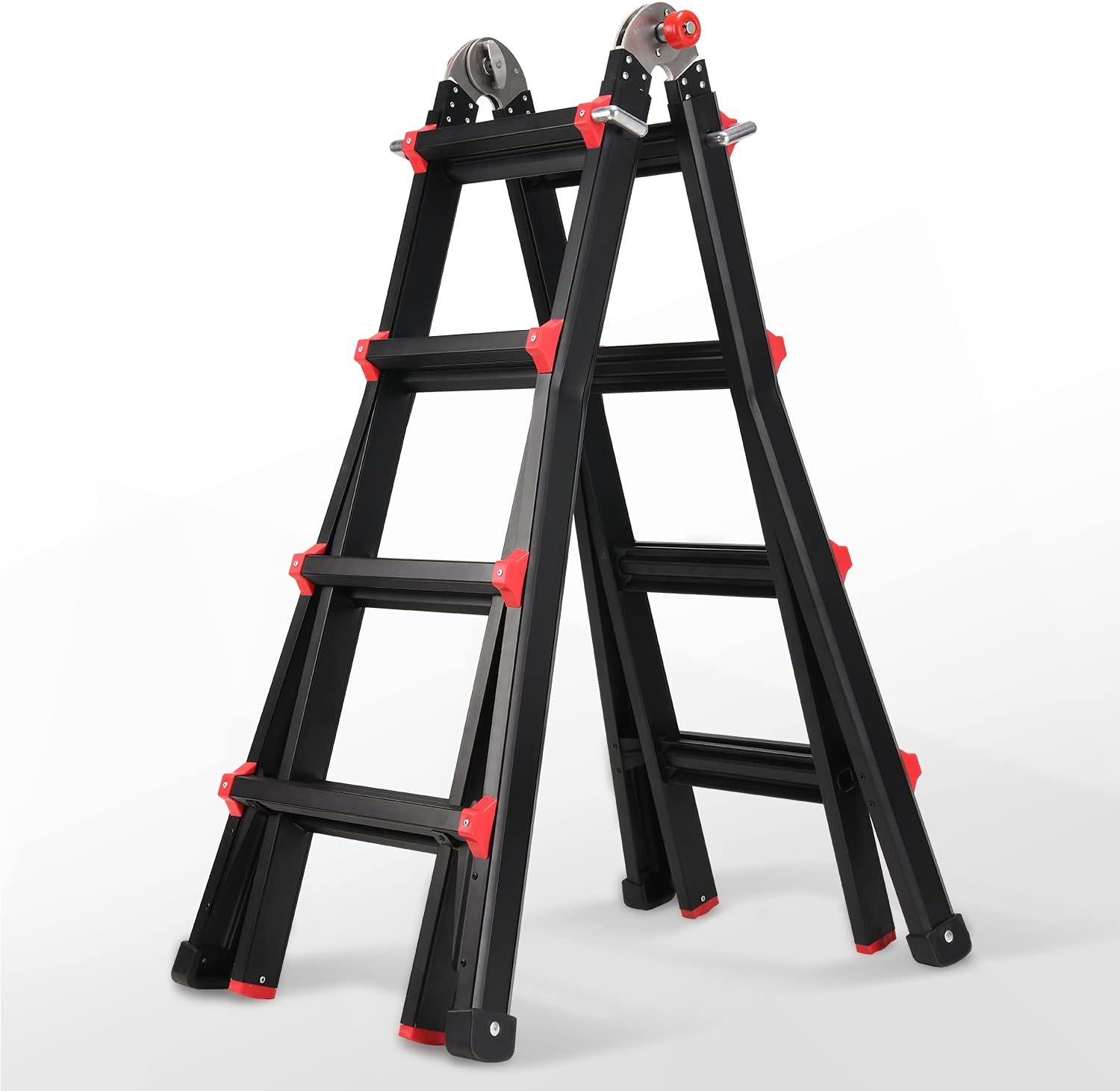

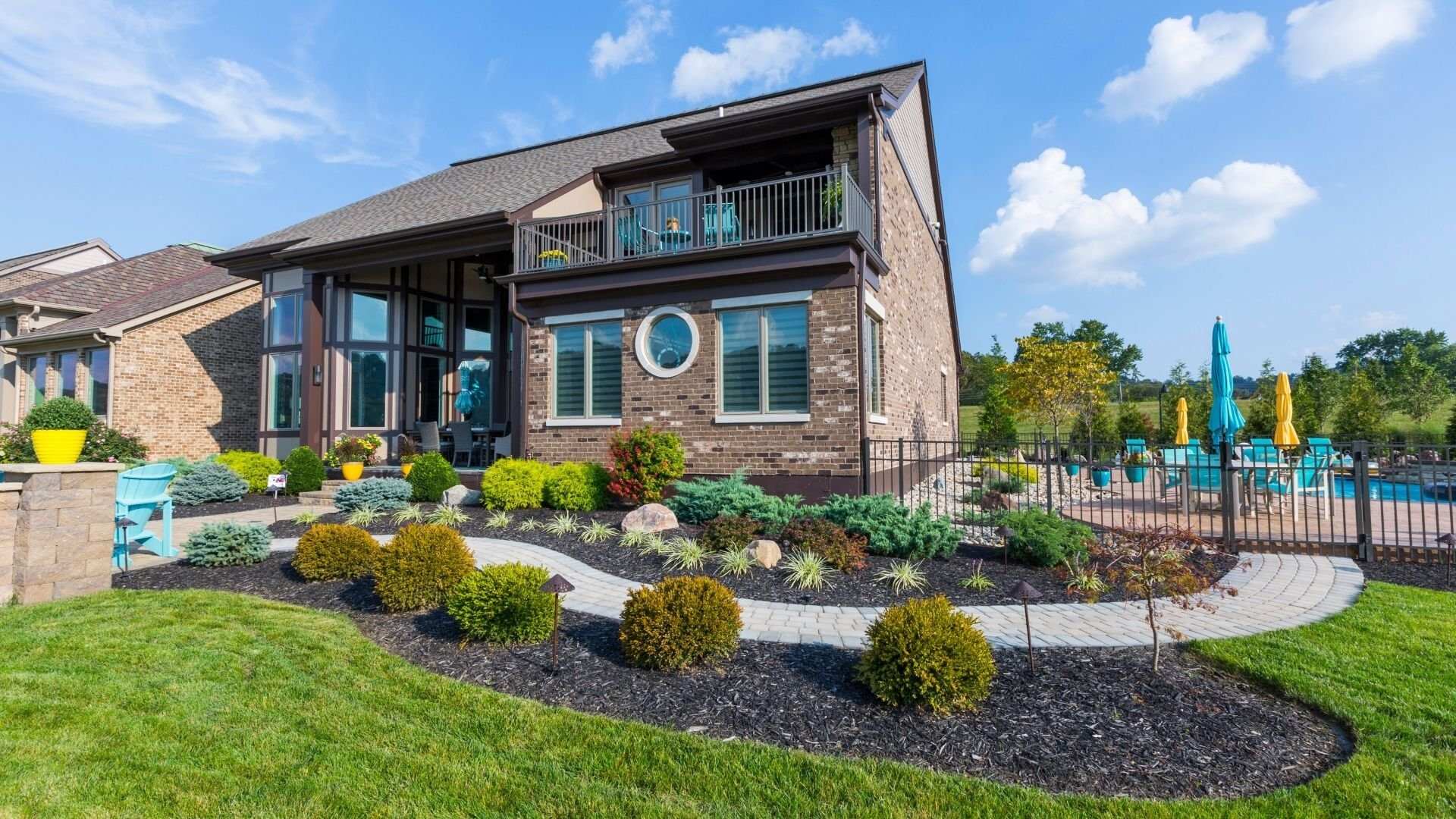
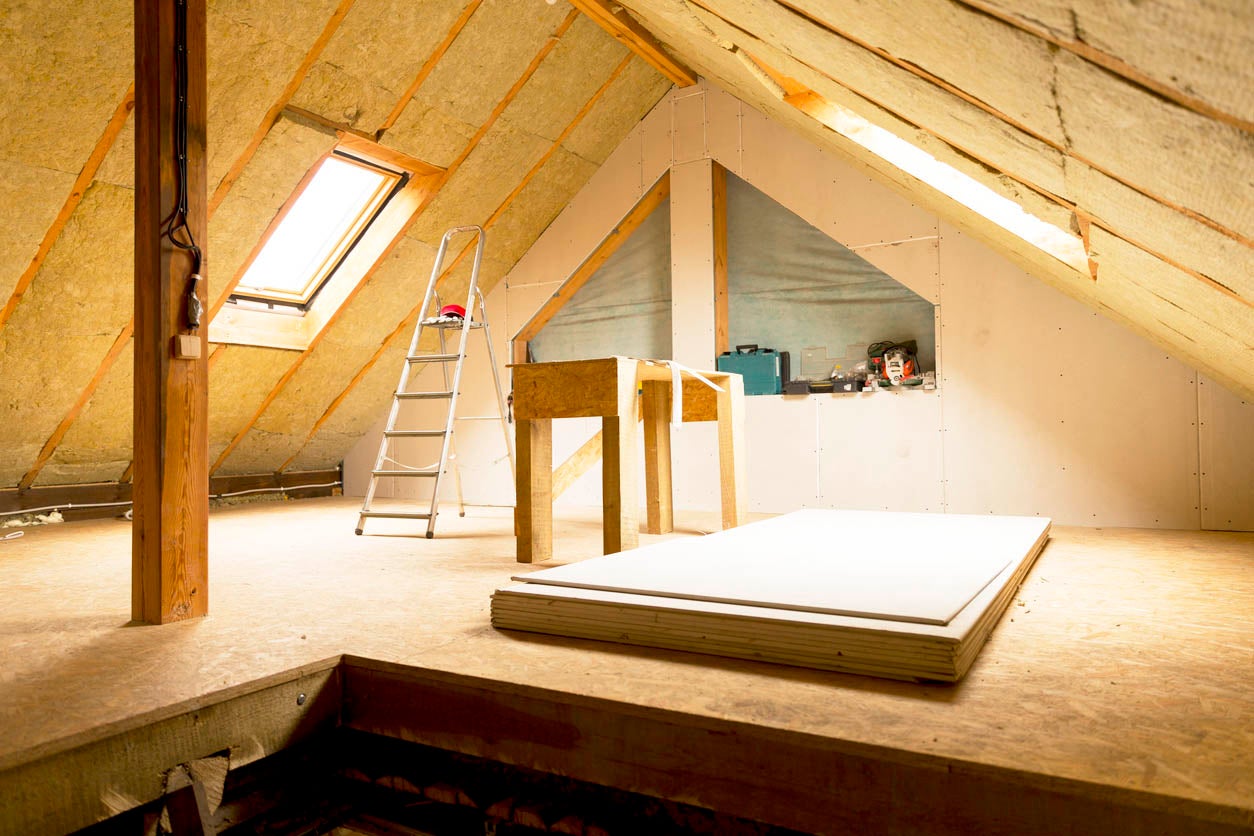

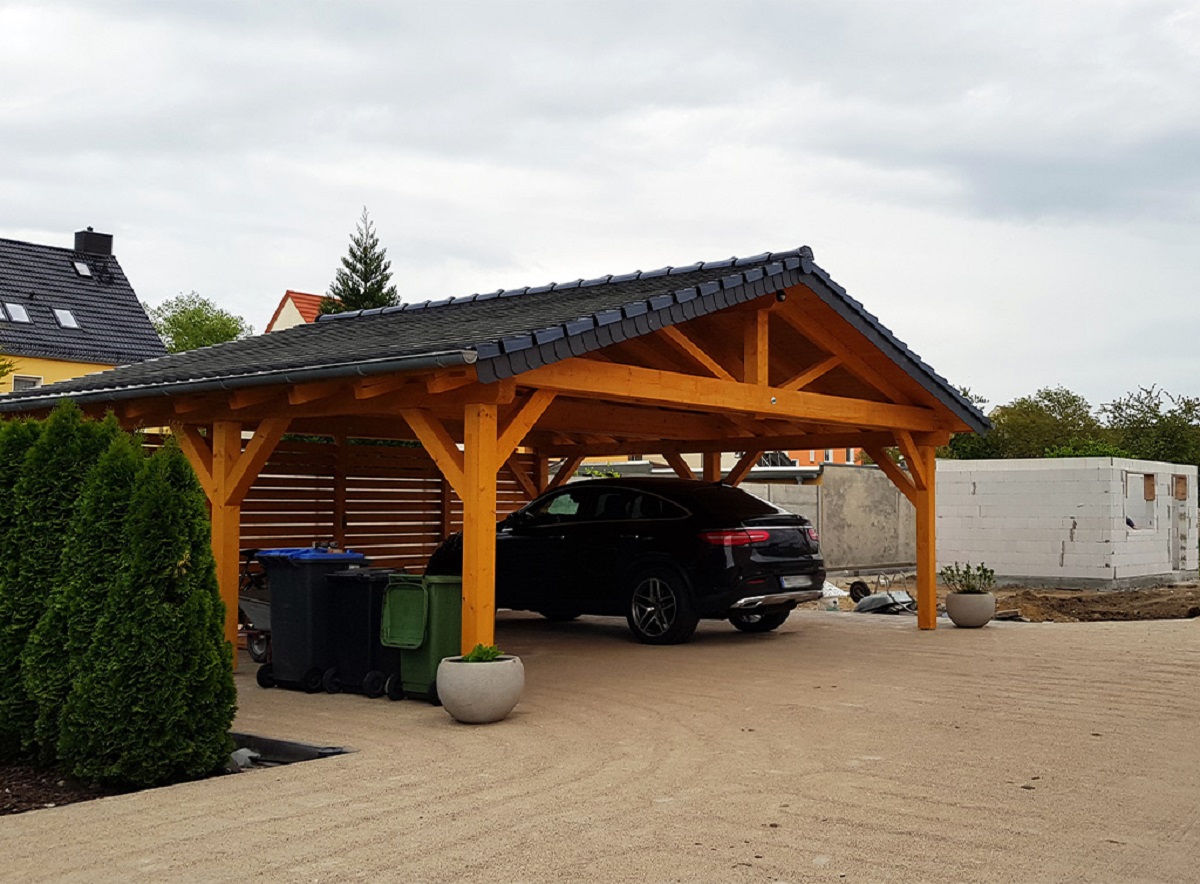

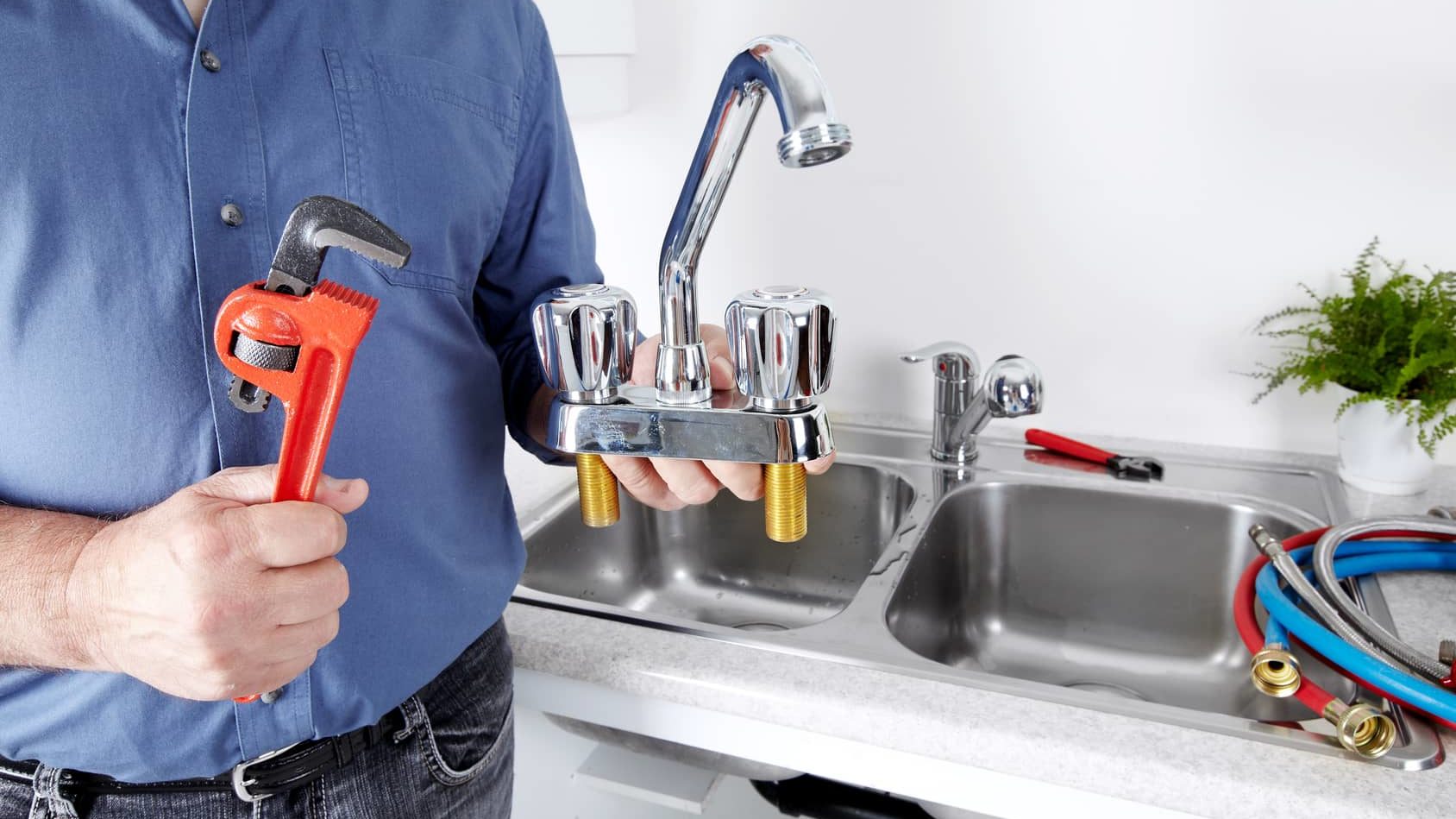

0 thoughts on “How Much Does A Kitchen Renovation Cost”